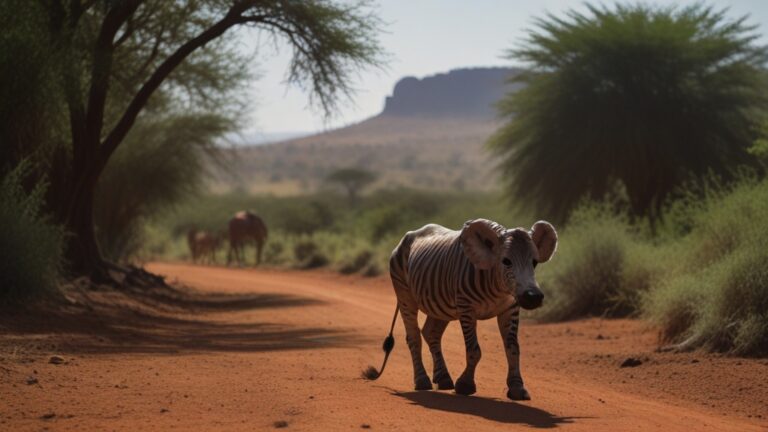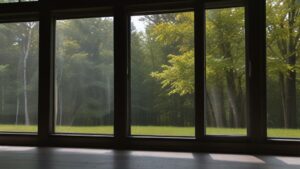So, picture this: a group of ranchers and pastoralists in Laikipia, Kenya, are facing the harsh realities of climate change. Their cattle, their farms, their entire way of life is at stake due to a prolonged drought. And to make things even more interesting, tensions that have been simmering beneath the surface for generations are starting to bubble up. It’s like a real-life soap opera, but with way higher stakes.
Now, to add some historical context to this drama, let’s talk about colonialism. Yeah, that’s right, colonialism. Turns out, many Brits moved to Kenya during the colonial era, and their descendants are still hanging around, owning a big chunk of the land in Laikipia. On the other side of the coin, you’ve got the indigenous, semi-nomadic Samburu people who rely on cattle ranching for their livelihood. And when resources start to run thin, well, let’s just say it’s not all rainbows and sunshine.
Enter “The Battle for Laikipia,” a documentary by Daphne Matziaraki and Peter Murimi that shines a light on this powder keg of a situation. The filmmakers take their time, setting the stage with sweeping shots of the landscape and intimate glimpses into the lives of the people caught in the midst of this conflict. You’ve got indigenous families strategizing their next meal while white farmers fret over climate change and their place in the community, all captured in stunning detail.
But wait, there’s more! The documentary kicks off with a tour guide dropping some knowledge about giraffes and melanin. It’s a bit on the nose, sure, but it sets the tone for the narrative that follows. This is a story about privilege, about the legacy of colonialism, about the haves and the have-nots. The ranchers wax poetic about their family history on the land, conveniently brushing aside how it was obtained in the first place. Meanwhile, they’re also busy trying to push out the pastoralists, discussing their fate without so much as a nod in their direction. It’s like a real-life soap opera, but with a lot more guns and a lot less empathy.
Amidst all this drama, the filmmakers zoom in on two key players: Simeon, a proud member of the Samburu people fighting to make ends meet, and Maria, a white farmer matriarch trying to hold her ground. Both claim Kenya as their homeland, but there’s a noticeable power imbalance at play here. Maria and her family wield guns and condescend to the native people, while Simeon and his mother worry about their animals’ well-being. It’s like a twisted game of tug-of-war, with the odds stacked heavily against one side.
And that, my friends, is where the brilliance of “The Battle for Laikipia” lies. It’s a sobering look at the lingering effects of colonization, all wrapped up in the cloak of climate change. The filmmakers don’t beat you over the head with doom and gloom; instead, they let the story unfold organically, giving each character their moment in the spotlight. You may not walk away from this documentary with a burning desire to save the world, but you’ll definitely come away with a clearer understanding of the complex web of issues at play in Laikipia.



